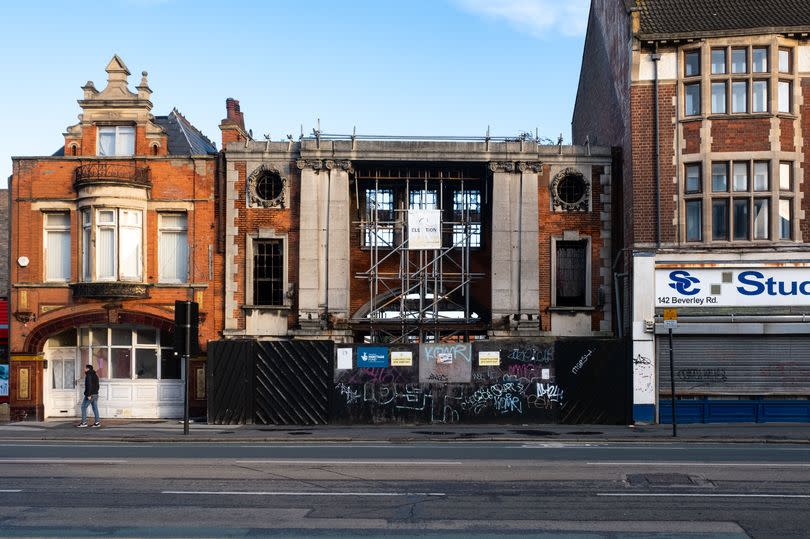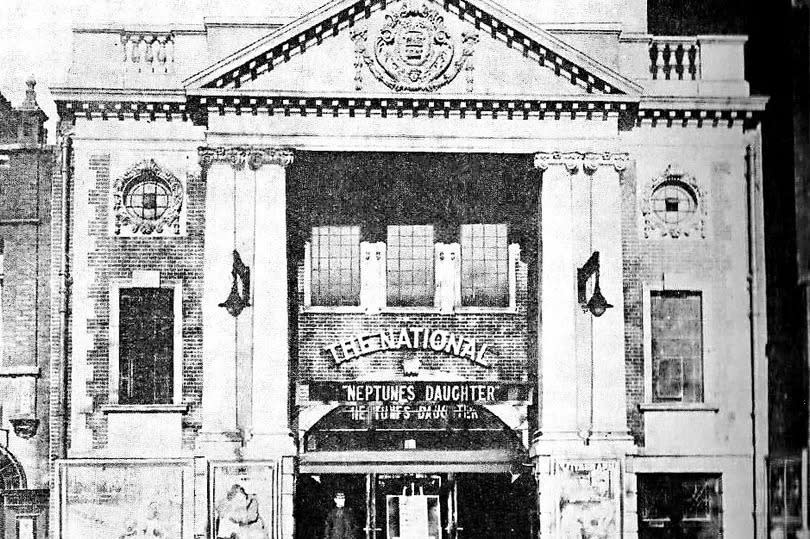New lease of life on the horizon for historic Blitz-surviving theatre in Hull

A historic building in Hull is set for a new lease of life - more than 80 years after being a victim of the Blitz.
The National Picture Theatre on Beverley Road is the last remaining World War Two civilian ruin in the UK - and work to preserve and restore the building is underway. It has been announced that local contractors, Hobson and Porter have been awarded the contract to protect this legendary feature - which became a Grade II listed building in 2017.
The building serves as a place of reflection and remembrance to the 1,200 civilians from Hull to have died during the Second World War. Outside of London, the city was one of the biggest targets for the Luftwaffe due to its important ports.
Read more:
The façade will be restored to its former style - including its distinctive windows and signage. 150 people were in the theatre the night that it was bombed - and survived thanks to the structural importance of two large concrete beams - which will also be preserved. The preservation works have been funded by Hull City Council and The National Lottery Heritage Fund.
Gillian Osgerby, Programme Director at Hull City Council, said: “It is great to reach this key milestone in restoring this iconic site and tell its remarkable story. It’s a reminder of how civilians on the home front were affected by the Blitz.
“After London, Hull was the UK’s most bombed city during World War 2 and thanks to National Lottery players, we can now remember and recognise the sacrifice that was made.”

The former National Picture Theatre was designed by architects Runton and Barry for the De-Luxe Theatre Company and was constructed in 1914. The building was badly damaged during a Luftwaffe air raid on March 18, 1941, although none of the 150 people inside the cinema at the time were killed or seriously injured.
The former cinema gained its listed status due to its significance as a rare surviving bomb-damaged building from the Blitz of the Second World War. Air raids on Hull went on longer than on any other British city and, out of Hull’s 91,660 houses, only 5,945 survived the air raids undamaged.
Work is expected to be completed in the autumn. Once finished, the building will become a flexible space for community-driven events and education.

 Yahoo News
Yahoo News 
